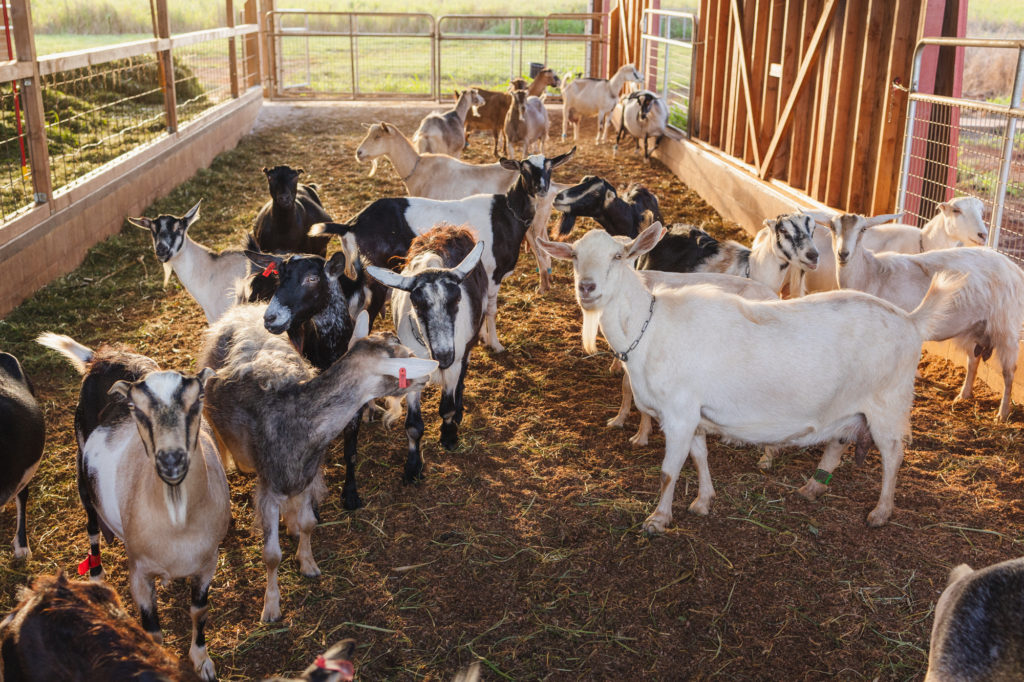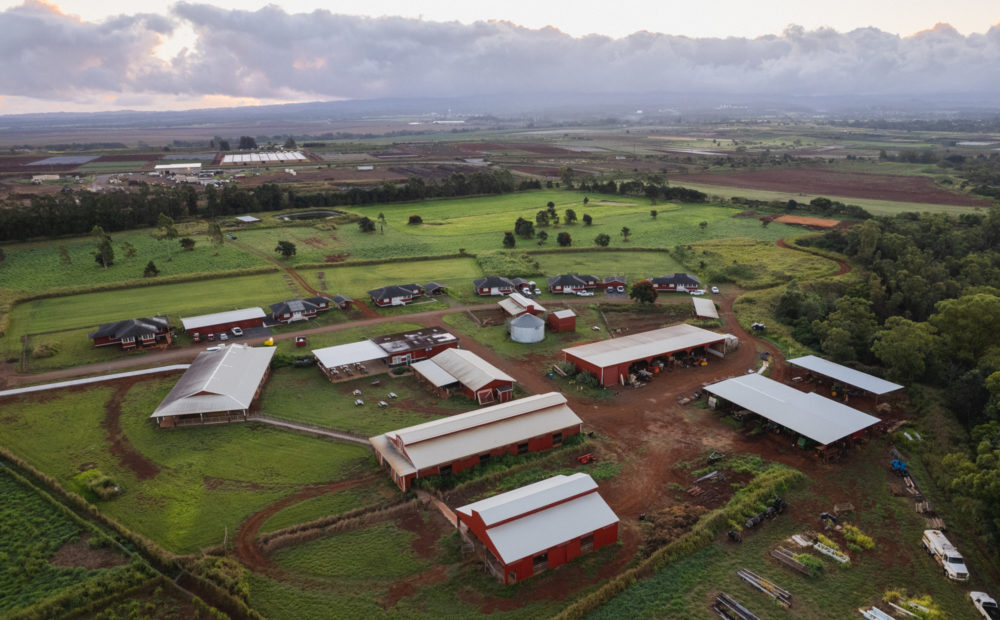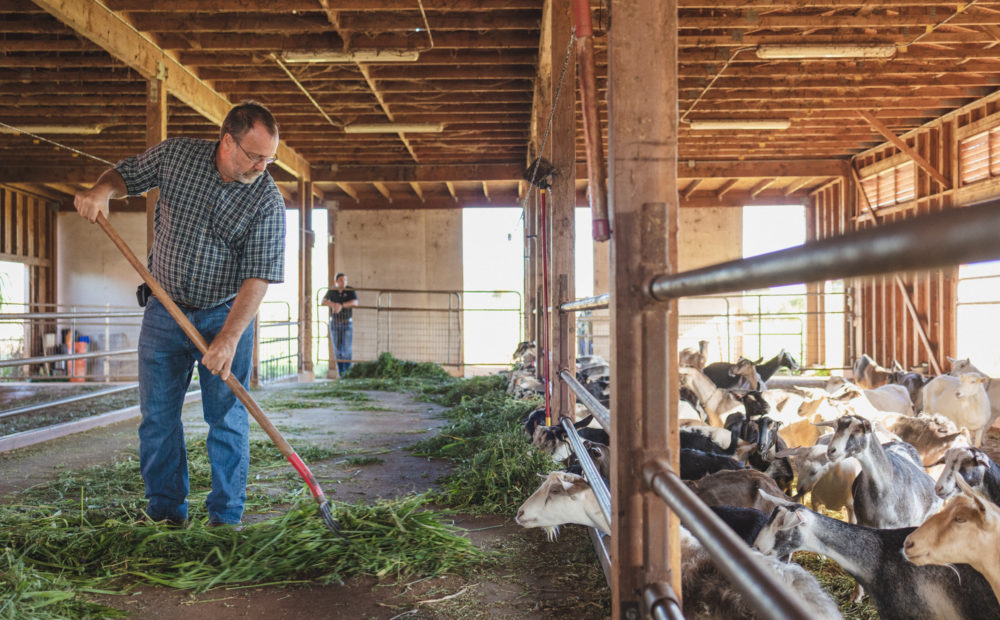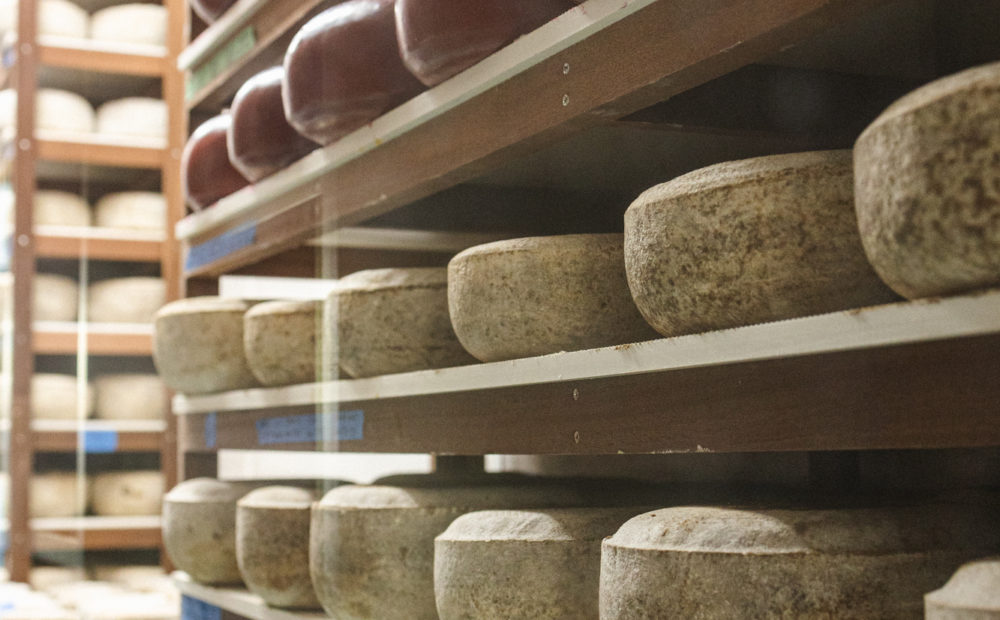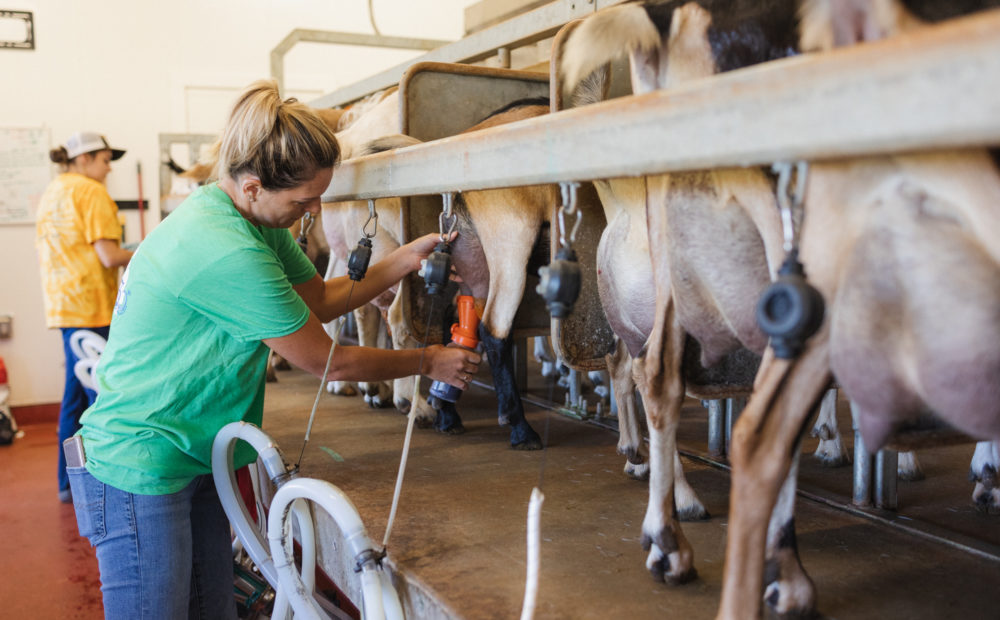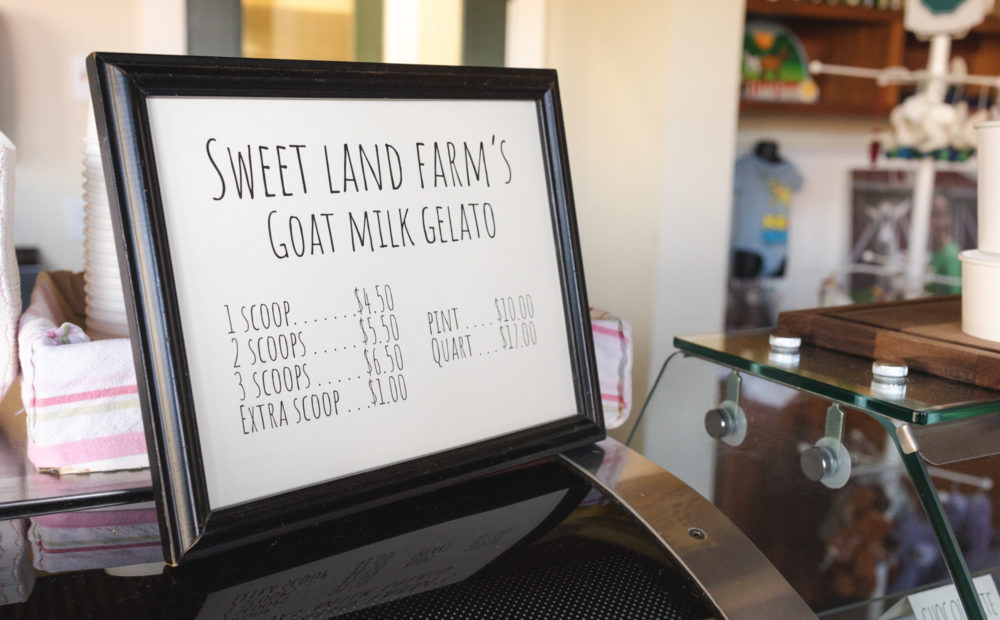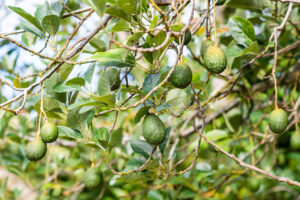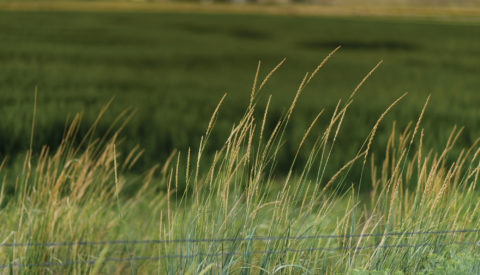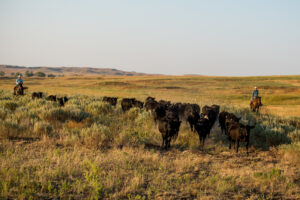Emma McCaulley was a culinary student set on becoming a pastry chef when she took an internship at a goat dairy on Maui. She fell in love with the animals, and soon was dreaming of her own small herd of goats that would produce milk for her cheese crafting.
More than a decade later, she and her family are living out this dream and more with Sweet Land Farm, the family’s fully-integrated goat dairy operation on Oahu. Sweet Land Farm tends up to 500 goats at a time to produce thousands of gallons of milk each week. The goat milk is sold fresh or crafted into award-winning cheeses, caramel, lotions, and soaps.
Emma had hatched a business plan for the farm to get her parents, Eric and Mary Bello, and her brother, Austin, on board with launching the new venture. Today, the family works together to run the goat dairy operation on 86 acres of their land, along with 75 acres of leased land.
Emma’s vision of raising a few goats and making delicious cheese has expanded over time, but she says her love for the animals is what motivates her every day.
“Goats are a lot like dogs. They’re really personable and loving, and they also drive me crazy,” said Emma. “They make you laugh. They make you smile. You’re having a bad day? Just hang out with them and all is good. And they also make great milk and then great products.”
Sustaining a Healthy Hawaii
Sweet Land Farm is part of a grassroots agriculture movement on Hawaii that has bloomed into a network of small farms, ranches and dairies producing high-quality, sustainably raised food for the community. In doing so, local farmers are helping increase food security on the islands with a smaller carbon footprint.
“Our sustainable practices start with our alfalfa,” said Emma. “We grow it here, we harvest it here, and we feed it to the goats. We also started to sell [alfalfa] to other farmers and help them to be more sustainable. So, we’re not having to buy from the mainland – we’re growing it and feeding it to our animals here on the farm.”
Emma said the family loves to have neighbors and community members visit the farm and interact with goats. Sweet Land Farm is open to the public on Friday and Saturday, hosting visitors of all ages to meet and interact with playful animals.
Goats on the farm eat a mixture of alfalfa, which the family grows, and fescue, a guinea grass that supplements their diet. Sweet Land Farm is able to produce about a third of the goats’ nutritional needs in the form of alfalfa, while additional forage is supplied to other farming operations on Oahu.
Eric Bello, Emma’s father and co-owner of the farm, said that recent disruptions caused by the pandemic and global shipping issues are good reasons to support homegrown agriculture. Hawaii imports about 85-90% of its food, which makes the island state particularly vulnerable to natural disasters and other global shipping issues.
“As a longtime resident of the state, we recognize that we’re very vulnerable to shipping interruptions and so forth,” said Eric. “That’s really on the practical side of things to ensure that the population has a consistent food supply. We also like the idea of locally produced food that’s fresher, supporting local businesses that produce this food. It’s really a bit of a Renaissance to bring it back and kind of restore the farming community.”
Farming for the Future
As Emma and her family look ahead, they are keenly aware of the rising cost of inputs and the need for efficient tools to manage the dairy. Sweet Land Farm received a grant to purchase a new bailer, which Eric says has been instrumental in storing and selling their extra feed.
“That’s allowed us to basically put all of our land into production, because this is a storable feed now and it will last up to 10 to 12 months,” said Eric. “It’s also allowed us to produce, feed and sell to some of the cattlemen here on Oahu, which has been another source of revenue.”
Sweet Land Farm has also invested in an automated kid feeder for the baby goats that has improved the consistency of the farm’s newest members while lowering labor costs. Eric said the family is also considering new technology upgrades in bottling and distribution—all to improve on an already strong foundation.
“In five years, we want to be sustainable where we are growing all of our own grain,” said Emma. “We have the alfalfa forage and are looking at opening a café on the farm and doing more sustainable practices like water catchment systems, just looking to improve the farm more and more and supply products to our community.”

